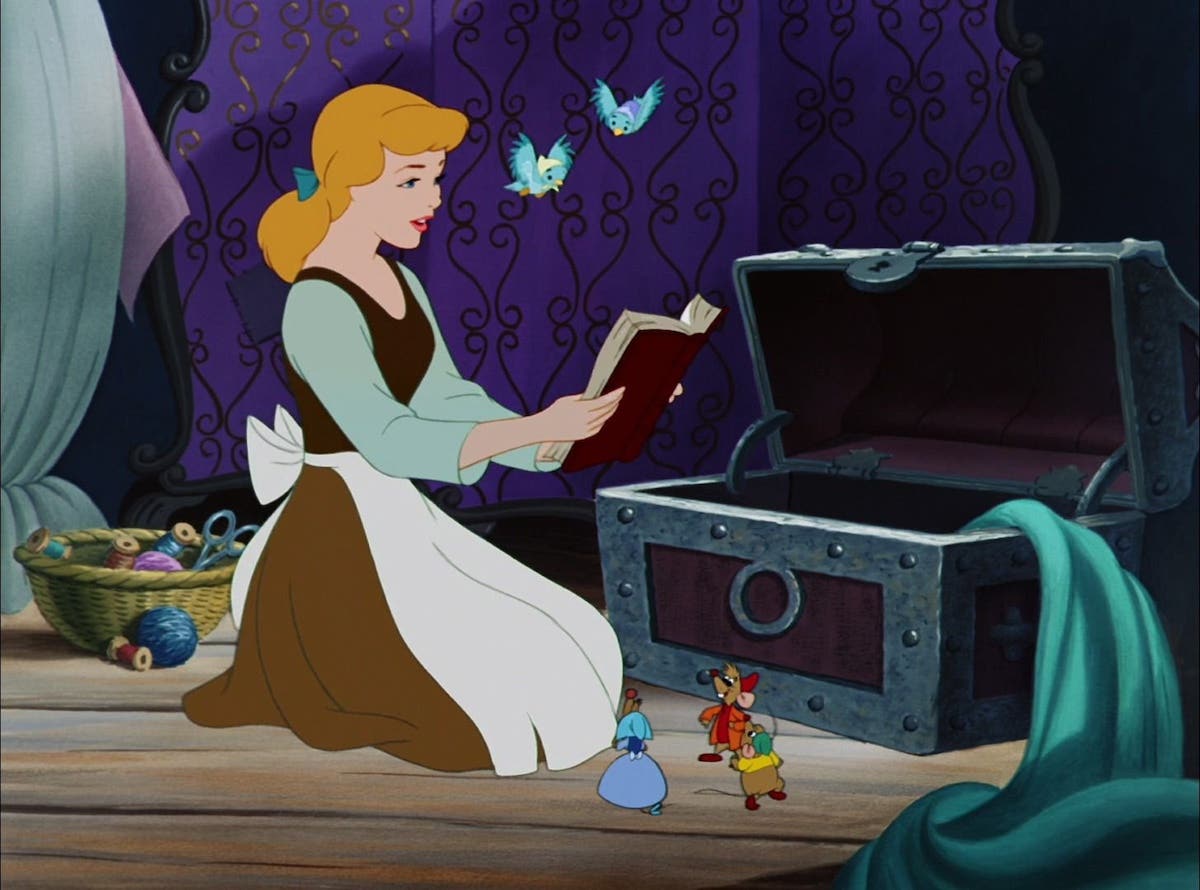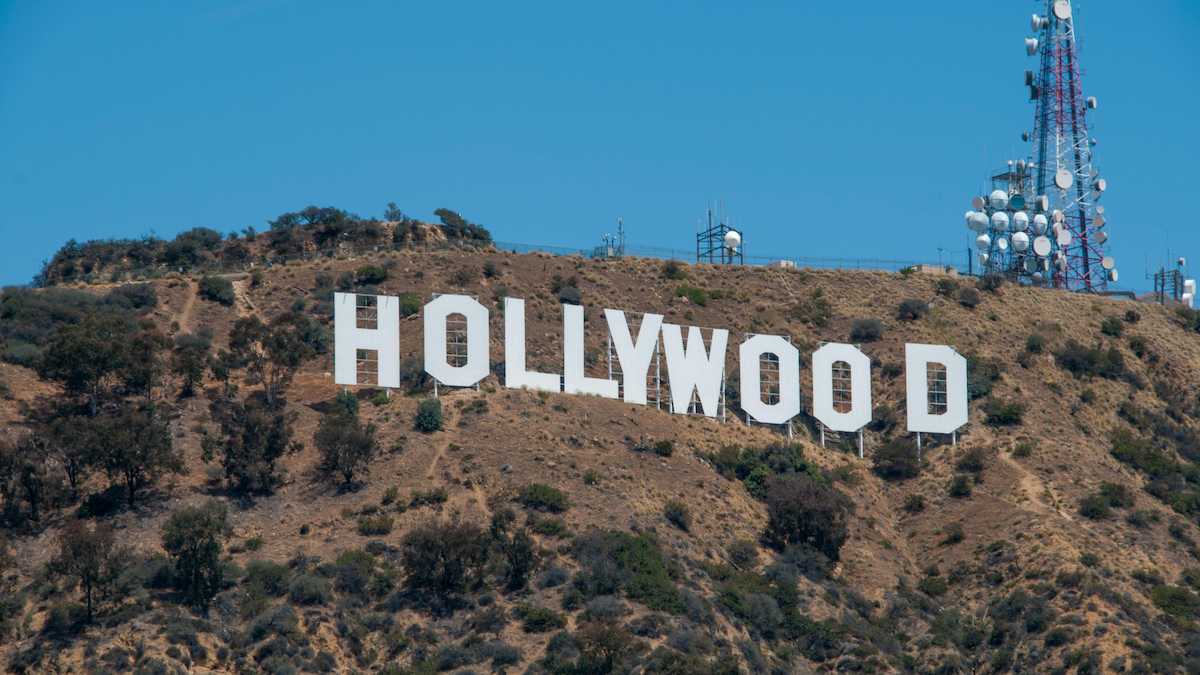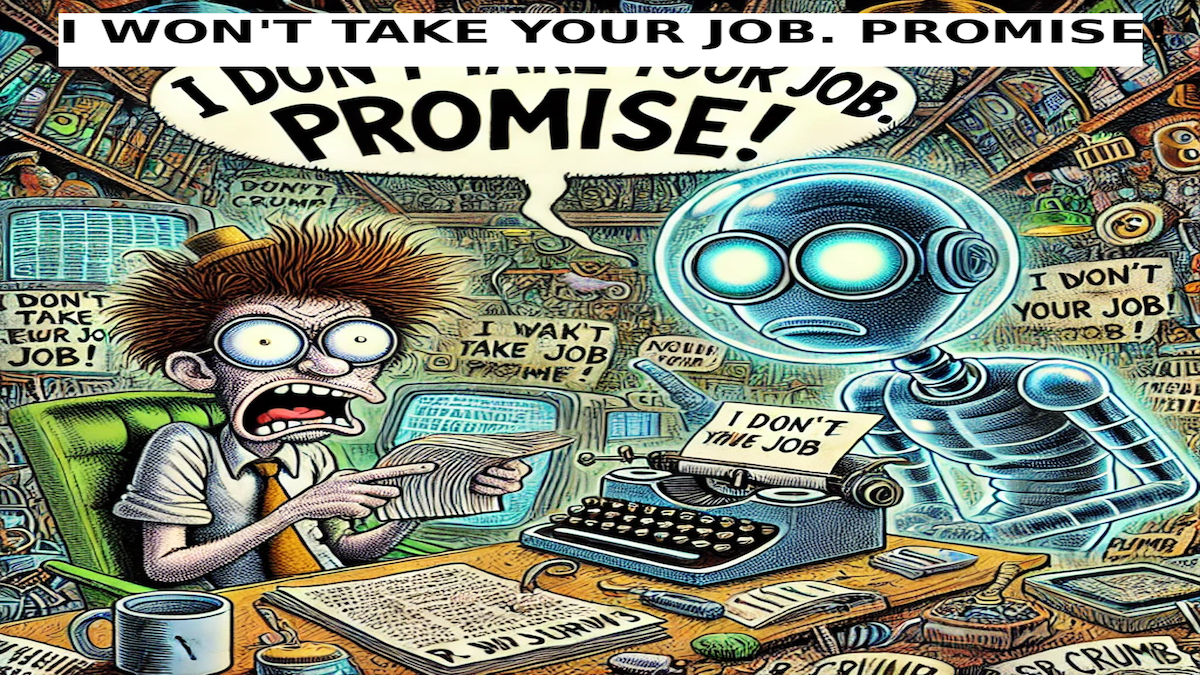PRIMETIME: Can I legally write a story based on another writer’s character?
If you’re writing a retelling of Oedipus from Jocasta’s perspective, you’re probably safe. If you’re retelling Rocky III from the point of view of Clubber Lang, you’re probably not.
First of all, thank you, everybody, for all the emails with questions and comments… keep 'em coming!
Today's question comes from Gregory, who writes:
May I write something based on a character's perspective who's not the main character written by another writer? The work was written centuries ago. For example, if I write a suspense or mystery based on Sherlock Holmes' sidekick, Watson, and give the script a title that doesn't have Sherlock Holmes in it... may I do that without any legal repercussions?
Well, Gregory, I'm not a copyright lawyer—and since I don't know what you're working on, or what source material you're using, I'd recommend taking this advice with a grain of salt and consulting an actual lawyer—but the answer is probably: YES, you're in the legal clear.
Or rather, in your specific case...
You're probably in the legal clear because the work you're adapting "was written centuries ago," making it public domain. Literary works enter the public domain once their intellectual property rights expire or are forfeited (or if they were never copyrighted to begin with).
In America, almost any authorized work published before 1923 is part of the public domain (although post-1923 revisions are NOT necessarily public domain). So your centuries-old work would most almost definitely be public domain… just like almost any Sherlock Holmes story written by Arthur Conan Doyle (later stories, like Guy Ritchie's movie, which came out last winter, would probably not be public domain).
So if you're writing a retelling of Oedipus from Jocasta's perspective, you're probably safe. (This is what Tom Stoppard did when he wrote Rosencrantz and Guildenstern Are Dead, based on two minor characters in Shakespeare's Hamlet.) But if you're retelling Rocky III from Clubber Lang's perspective, you're probably not.
A great resource, if you have questions about intellectual property rights, is Cornell University's Copyright Information Center, where you can find sample copyright agreements and a wonderful chart by Peter Hirtle outlining which works are—and aren't—covered by copyright law.
When it comes to more recent properties, rules on what you can and can't use get more complicated. You obviously don't have the right to simply co-opt someone else's creations and redo them as your own version; for example, you couldn't—without permission—write your own Modern Family spinoff or your own Avatar sequel. (Or rather, you could write them… you just couldn't sell them.) But there are fair use laws protecting certain creative uses, such as parodies.
When I worked on Reality Binge, Smash Cuts, and The Wanda Sykes Show, we often made fun of clips from TV shows or movies. Sometimes we would write skits or bits commenting on the clips, even having actors portray characters from the original work. Other times we would actually re-edit, alter, or insert new people into the original clips. When doing this, we would occasionally license clips, or pay their controllers for the right to use them. More often, however, we'd exercise a fair use defense, a legal gray area claiming small portions of copyrighted materials may be used if it's in the public interest, like the news, or a satire making relevant commentary.
But again… fair use is a sticky gray area that often makes lawyers jumpy.
On both shows, our lawyers were constantly sweating, giving us case-by-case rules regarding what we could say, who we could poke fun at, etc. (E.g., we were usually allowed to make fun of commercials for low-budget cable shows… but we were never allowed to make fun of commercials for Apple or Disney. The same laws would apply to all commercials, but Apple and Disney are much more litigious companies, and when it came to legal gray areas, our lawyers didn't want to push it.)
So while I don't know what source material you're using or how you're adapting it, if it's truly hundreds of years old, you're probably safe (assuming you're not using a more contemporary version of an ancient text—like Robert Zemeckis's Beowulf, which takes liberties with the original). But if you're using something more recent, I'd check with a lawyer to see if you have—or need—any grounds for a fair use defense.
Thanks for the question, Gregory, and for the rest of you-- feel free to send more to chad@chadgervich.com.



![The Era of the Multi-Hyphenate: An Interview With Writer and Filmmaker Mario O. Moreno [SERIES]](https://scriptmag.com/uploads/MjEzMTEyNzA4NjQ2NTc3NjE1/the-era-of-the-multi-hyphenate-series-script-hero.png?format=auto&optimize=high&width=1440)



